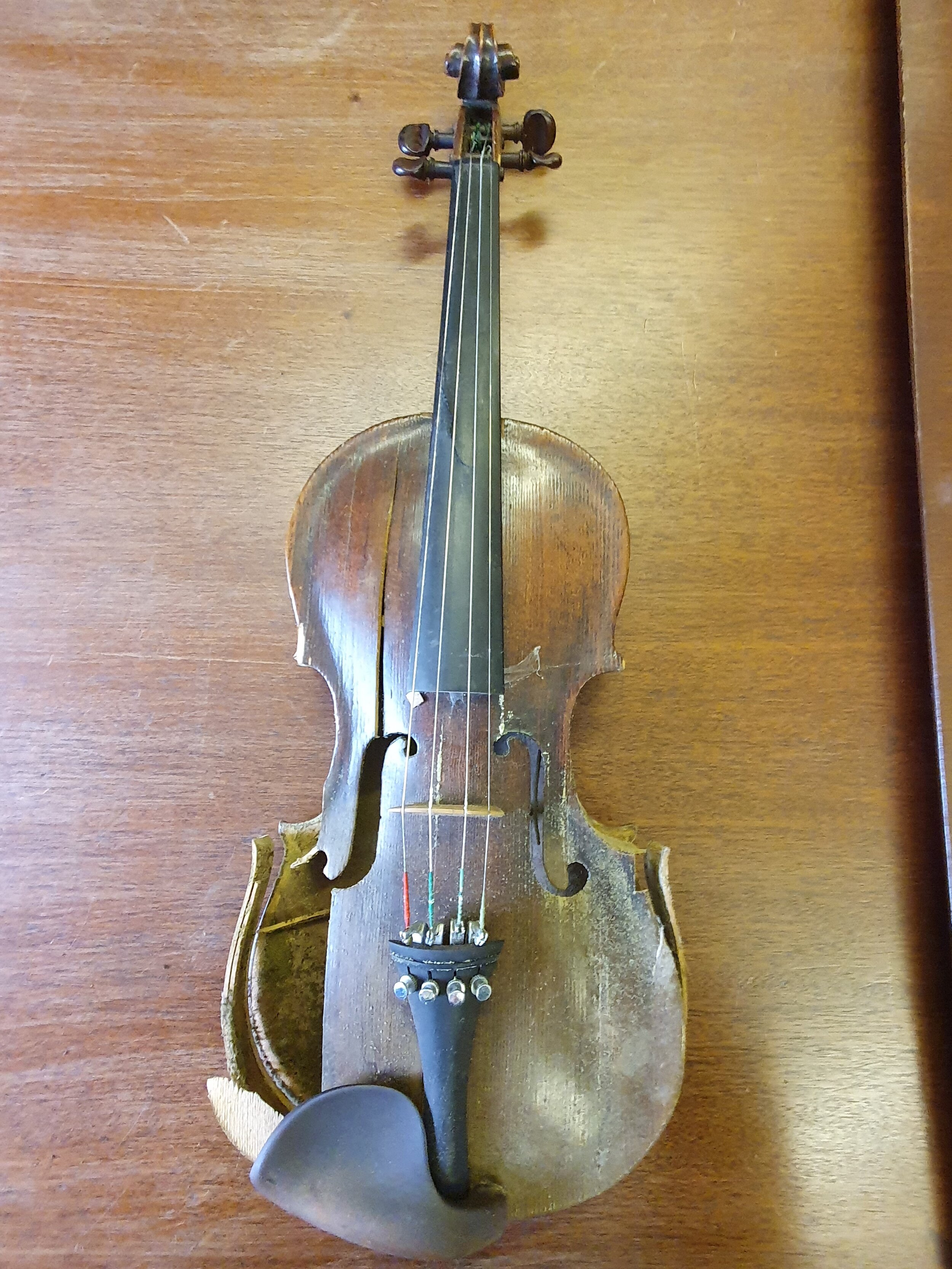Music Theory Online: Musicianship and Song Metre (Beats per Bar)
So how do we know how many beats per bar (the “metre”) there are in a piece of music? The usual answer when teaching music theory online is to look at the number on the score or printed page at the beginning of the piece where it is clearly displayed. This is so dry and uninspiring! Beats per bar isn’t about the printed page, it’s about what we hear and ‘feel’ which we later notate if we want a written record of our improvisation or composition.
The simple answer, is that the 1st beat of each bar feels ‘stronger’. Movement is always the best way to explore metre. Try some of the pieces in this blog. If you step on the ‘strong beat’, the first beat of the bar and then ‘feel’ the beats in between you can detect how many beats are ‘grouped and looped’ to form ‘beats per bar”. Step on 1 and gently nod your head or tap your hands until the next “1” comes along.
Modern Music Theory Online: Metre in a Classic Rap song
So, most music has 4 beats in a bar doesn’t it? Let’s check it out. Here’s a classic rap song, No Diggity by Dr Dre, perhaps younger people know it from the movie Pitch Perfect:
It is very easy to feel the “strong” beats in this song and it is far more exciting than writing in an ABRSM theory book or simply doing a listening test in which you are asked to identify how many beats per bar there are.
Classical Music Theory Online: Metre in a Classical Piano piece
Check out this piece by Chopin.
It’s the perfect example of 3 beats per bar because it’s a Waltz that has an ‘oom-pah-pah’ left hand with the left hand playing a low bass note on the first beat of each bar followed by two higher pitched chords.
Music Theory Online: Three Beats Per Bar in Pop and Rock Music
The Rock and Roll Waltz by Kay Starr speaks for itself in the title, a waltz in a more Rock and Roll style. This song stayed at No. 1 for 6 weeks in 1956.
The following Julie London example, Love Letters, is much more subtle and harder to detect, but if you move on the 1st beat of the bar, you will soon deduce the triple metre. Julie London was a “torch singer” in that she sang songs about “carrying a torch for someone” romantically.
Advanced Music Theory Online: Irregular Metres in Pop Songs
I love exploring irregular metres. The Beatles seemed to too and I refer elsewhere to their irregular alternation of 3/4 and 4/4 in All You Need is Love and compare their innovation in musicianship with the pure focus on vocal skill that’s particularly populated by Simon Cowell in this video:
However, what about a famous song by The Doors, a more contemporary band? Break On Through To The Other Side has an amazing 5 beats per bar and you might know it as a Minions theme tune. Yes, most people run to “Take Five” by Dave Brubeck, but why not get even more modern!
More Advanced Music Theory Online: 5/4 Film Theme Pop Piano Special
Of course, the ultimate 5/4 example is Mission Impossible. Now this needs to be in a Popular Piano Course. Groovy? Oh yes! Difficult to play? Well, you certainly need to think carefully about the bass riff which starts with two dotted quarter notes (dotted crotchets)!
Learning Music Theory Online
So, you need to learn Music Theory to take an examination, or perhaps you are just interested to understand music in a deeper way. Perhaps you are sick of learning to understand by seeing it all printed and not connected with what you hear?
Music Theory Online Courses
If you would like to explore courses like nowhere else that develop your theory, aural, musicianship and knowledge through actually playing music, then join The Maestro Online library of courses. One membership includes access to all courses and you can request courses on songs/theory aspects that you want.
The answer is to learn music theory online in a completely different way. Visit www.the-maestro-online.com for a more dynamic way to understand the deepest concepts.
Also – popular piano lessons online that learn from the sound first, but still develop the musicianship, aural, theory and understanding!
I love classical music, but sometimes traditional teaching needs a smash in order to re-inspire!
Subscribe Today
All Courses
-
All Piano Courses
-
All Organ Courses
-
All Singing Courses
-
All Guitar Courses
All Courses + Masterclasses + Exam Practice Toolkits
-
All Piano Courses
-
All Organ Courses
-
All Singing Courses
-
All Guitar Courses
-
All Exam Practice Toolkits
-
All Masterclasses
All Courses + Masterclasses Exam Practice Toolkits
+ 1 hour 1-1 Lesson-
All Piano Courses
-
All Organ Courses
-
All Singing Courses
-
All Guitar Courses
-
All Exam Practice Toolkits
-
All Masterclasses
-
Monthly 1hr Lesson
Additional Membership Benefits for All
- Zoom support (there’s a human you can interactive with behind this platform!),
- Request your own course,
- 3 months free membership of the Arts & Cultural Network (worth £45).
- 1 months free UK piano hire and free delivery from Musiq Group with a 12 month contract.
- You are also supporting The Maestro Online charitable outreach – bringing music education to regions and countries where such resources are difficult to find.
- Membership is cancellable any time.



